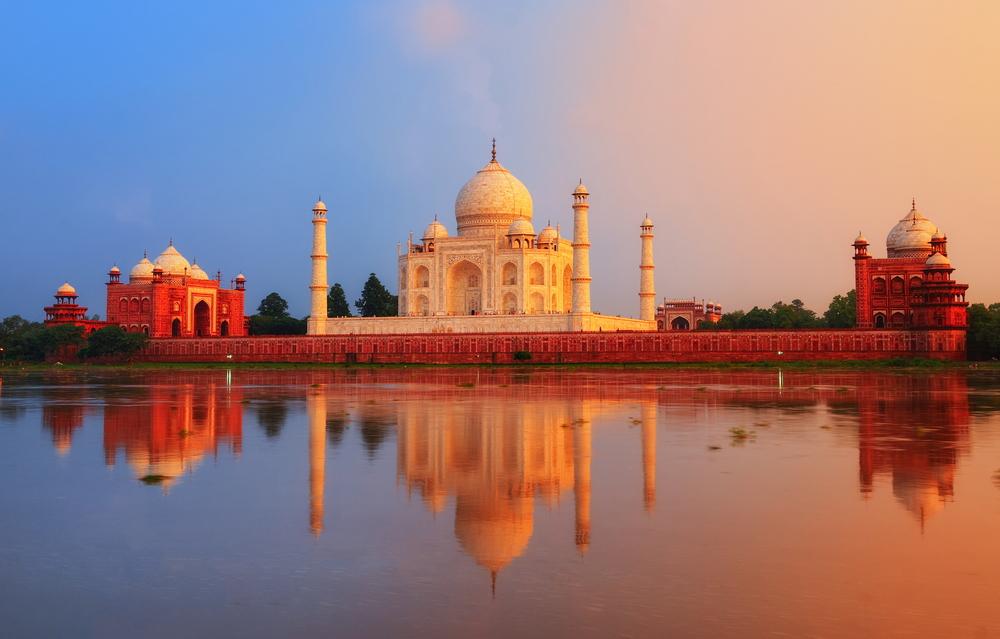
India’s central bank has lowered interest rates to their lowest level in four and a half years, in an attempt to bolster an economy increasingly affected by the slowdown in Asia and falling commodity prices.
The Reserve Bank of India (RBI) reduced its repo rate, the rate at which it lends to commercial banks, to 6.75 percent from 7.25 percent. Economists had forecast a reduction to 7 percent.
The governor of the RBI, Raghuram Rajan, has been under increasing pressure from Prime Minister Narendra Modi’s government to reduce borrowing costs, after India’s inflation hit a record low of 3.6% in August.
In a statement, Rajan said that “a tentative economic recovery is underway, but it is still far from robust”, and cited the need to counterbalance the effect of continuing low commodity prices.
“Investment is likely to respond more strongly (and boost domestic demand) if there is more certainty about the extent of monetary stimulus in the pipeline.”
Rajan, the former chief economist of the International Monetary Fund, is aiming to keep inflation within 6 percent by January, 5 percent a year later and near 4 percent by early 2018.
Whilst there are fears that India’s economy is slowing, it currently still has one of the highest growth rates in the world with a growth forecast of 6.4 percent for 2015; almost double the UK’s rate of 3 percent.
